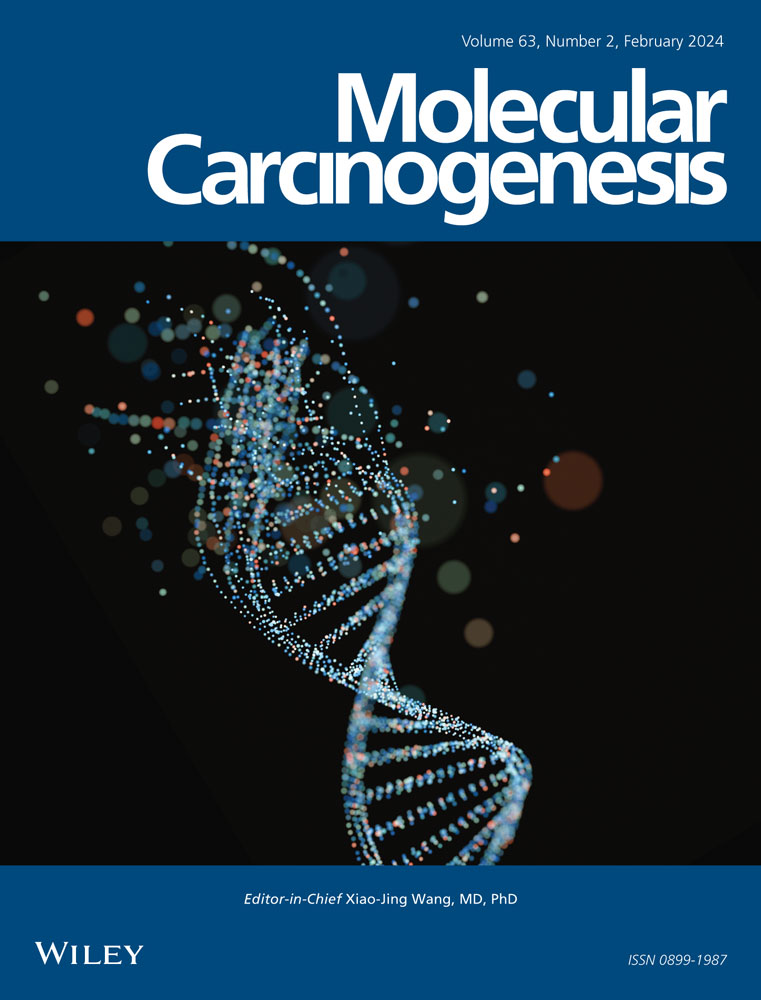Valproic acid increased the efficacy of EGFR TKIs on EGFR/TP53 co-mutated lung cancers and downregulated mutant-p53 levels
Mengdi Hu, Hanyue Cheng, and Yijing Yang contributed equally to this work.
Abstract
The TP53 tumor suppressor is the most frequently mutated gene in human cancers. For p53-targeted therapy, one of the strategies was targeting mutant p53 for degradation. In EGFR-mutated lung cancer patients, concurrent TP53 mutation was associated with faster resistance to EGFR-TKIs. In this study, we discovered that valproic acid (VPA), a widely prescribed antiseizure medication, had a synergic effect on sensitive as well as acquired resistant lung cancers with EGFR/TP53 co-mutation in combination with EGFR-TKIs. In both in vitro and in vivo models, VPA greatly improved the efficacy of EGFR-TKIs, including forestalling the occurrence of acquired resistance and increasing the sensitivity to EGFR-TKIs. Mechanistically, VPA dramatically promoted degradation of mutant p53 in both sensitive and acquired resistant cells while inhibited mutant TP53 mRNA transcription only in sensitive cells. Together, this study suggested that VPA combination treatment could have beneficial effects on EGFR-mutant lung cancers with concurrent p53 mutation in both early and late stages, expanding the potential clinical applications for VPA.
CONFLICT OF INTEREST STATEMENT
The authors declare no conflict of interest.
Open Research
DATA AVAILABILITY STATEMENT
The data that support the findings of this study are available in the Supporting Information of this article.




